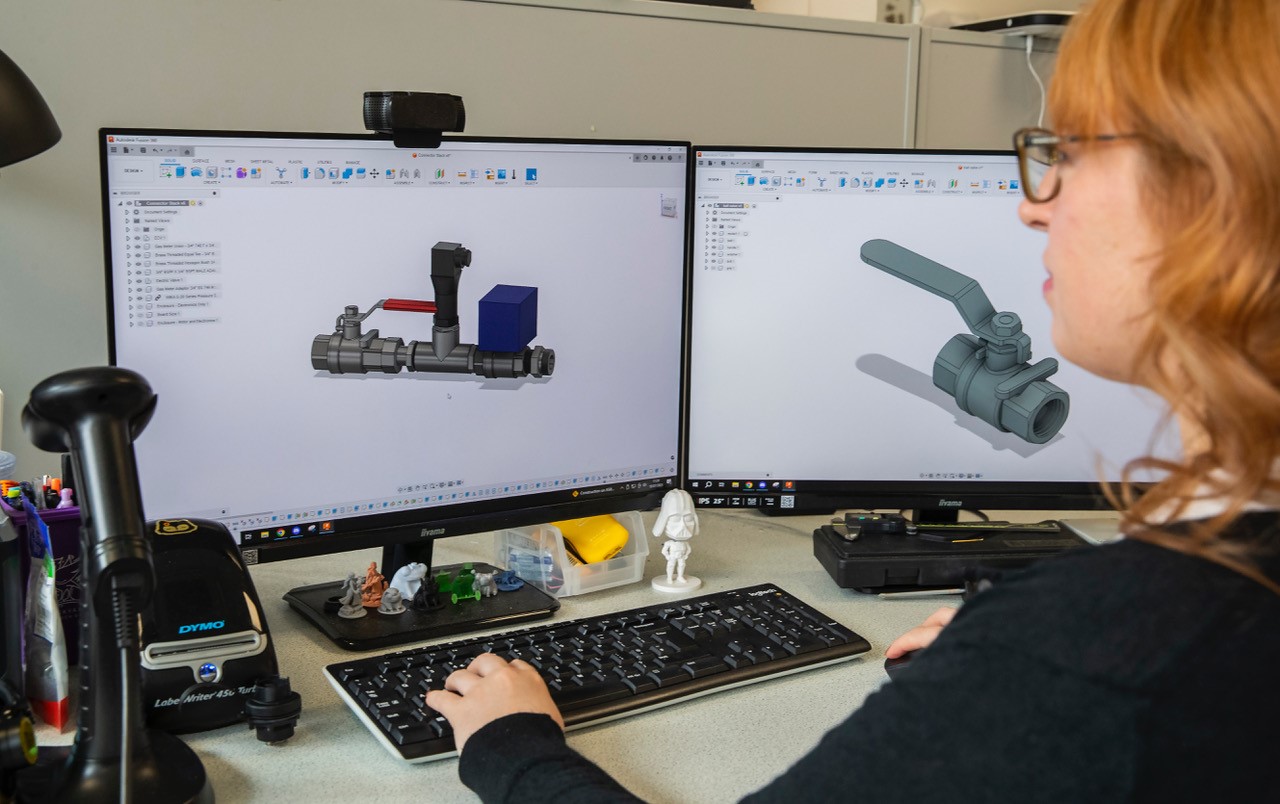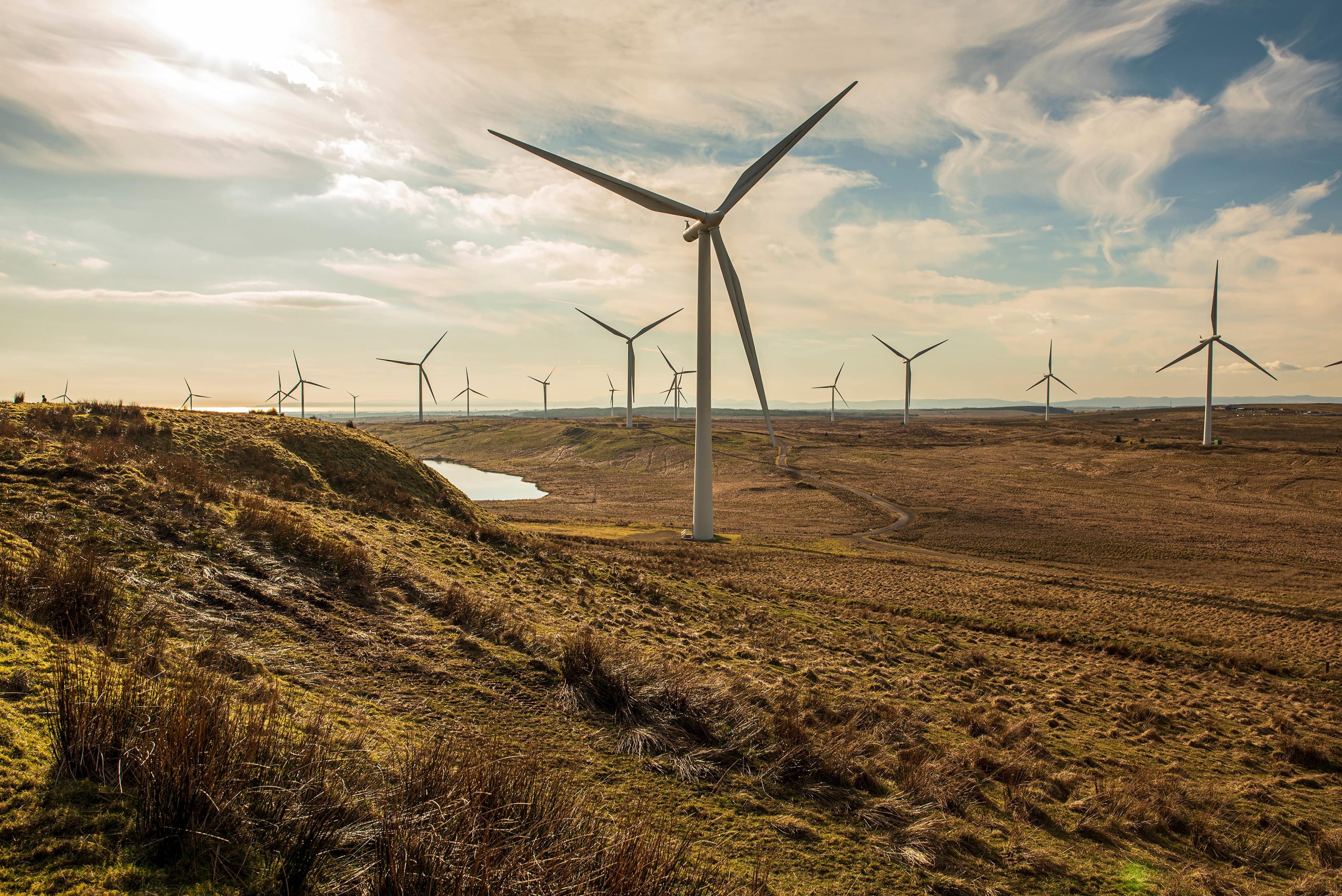Industry Reaction to New CCS Clusters

With the dust settling on the recent policy announcements regarding CCS clusters in the UK, Hydrogen Industry Leaders get the industry reaction to long-awaited movement in the sector.
With the Acorn CCS project in Aberdeen securing significant funding in the future, it will become one of four clusters across the UK. This comes after years of deliberation from the central government.
Coming from Track 2 of the £1bn UK Government competition, the funding will secure the future for both blue hydrogen production and wider carbon capture and utilisation projects.
Failing to achieve funding in Track 1, this announcement was widely accepted news as Prime Minister Rishi Sunak visited St Fergus on 31 July 2023.
Speaking to the BBC’s Good Morning Scotland Programme, Rishi Sunak said: “This is a good story for the UK overall, it’s not about political seats, it’s just about doing the right thing for the country.
“We’ve got four clusters now across the country that will help us transition to net zero in a new industry, and we’re strengthening our energy security by investing in the North Sea and getting oil and gas rounds there.”
CCS Clusters can help decarbonise hard to abate areas
Acorn is in the process of being created by Storegga, who possesses a 30% stake in the venture. Collaborators Shell and Harbour Energy equally share another 30%, while the residual 10% is under the ownership of North Sea Midstream Partners.
Highlighting real-world examples of how investment in CCS can impact the wider supply chain and therefore build a more sustainable future, Hydrogen Industry Leaders spoke to Amna Bezanty, Strategy Lead at KEW Technology.
KEW Technology is a UK-based sustainable energy solutions company. The company has developed a unique technology that tackles climate change by efficiently converting all types of non-recyclable resources and low-grade biomass into a wide range of sustainable energy vectors, such as rDME (LPG & diesel substitute), hydrogen, methanol, heat and advanced molecules for a zero-carbon future.
KEW is at the heart of two parallel market evolutions: the drive towards zero carbon and the shift to zero waste as part of a circular economy.
CCUS development is essential for the work KEW undertakes, and investment in the sector can expand the environmental impacts KEW can have across the value chain.
CCS can lead the way to a negative carbon future for some sectors
In terms of the importance of technology, KEW lies fundamentally within the elements of enhancing the sustainability credentials of technology and being one of the few pathways to negative carbon.
It will fundamentally help achieve net zero by offsetting the harder-to-abate sectors that will find it hard to achieve zero carbon essentially.
While explaining the importance of CCS development alongside renewables to create a greater energy mix, Amna said: “We absolutely must continue to push for wind and solar. However, when you look at the supply chain emissions, they are low-carbon but never zero carbon because there are some emissions (mainly production related) associated with the supply chain.”
“For us, education is of paramount importance, and we strongly advocate for policies that support showcasing that the sector isn’t elongating more carbon-intensive processes. The industry has undergone significant innovation programs and received funding through investments that facilitate the adoption of renewables that also contribute to carbon reduction through CCS, which aligns perfectly with the technology we are deploying.”
For example, complimentary to the case of blue hydrogen, greenhouse gas removal technology such as bioenergy with carbon capture and storage (BECCS) is actually leveraging already renewable technologies and helping them transition from low-carbon to negative-carbon.

